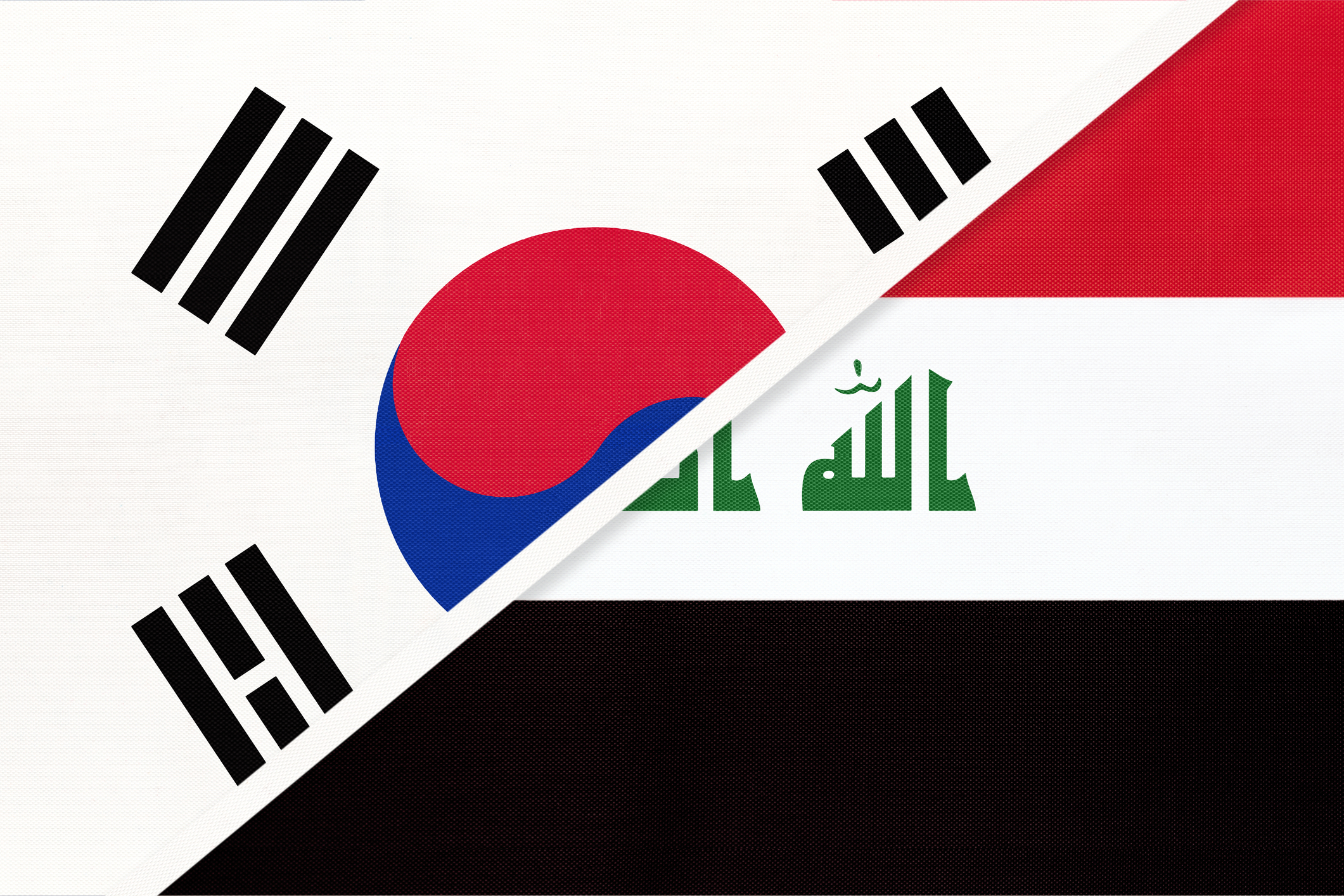South Korea Works with Iraq on Enhanced Defence Capabilities
Recent reports confirm that Iraq is keen on strengthening its ‘defence by denial’ mechanism and hence, it is aiming to buy technologically advanced air/missile defence system.
Iraq has chosen South Korea as its partner to supply it with air defence capability.
In September 2024, South Korean LIG Nex1 won a $2.8 billion order from Iraq to supply them with mid range surface-to-air missile defence systems. Iraq would probably receive ten batteries of the Cheongung system from South Korea. This system will enable Iraq to intercept incoming missiles and aircraft.
Such deals allow South Korea to acquire greater footage in air and missile defence sector in the Middle East. They already are present in deals with UAE and Saudi Arabia.
For Iraq, such capabilities would according to the Iraqi Ministry of Defence, “enhance the capabilities of the Iraqi army and peacekeeping forces, supporting Iraq’s sovereignty.”
Also, for South Korea, such air and missile defence deals could also pave way for a market for its indigenously developed KF-21 fighter jets. Iraqi air power capability at the moment is obsolete, and hence, air and missile defence roles could become a challenge for Iraq with these obsolete aircraft considering the contested threat environment it is subjected to at the moment. Ballistic missiles have been reportedly used by Iran in Iraq’s Kurdish region leading to civilian casualties in residential areas.
Thus, the missile defence capability could provide Baghdad advanced mechanism for ‘defence by denial.’ This is also confirmed by the Iraqi defence chief gave a sigh of relief announcing the deal to be a “qualitative strategic breakthrough for the (country’s) air defence as it covers Iraqi airspace and achieves the regional balance of the country.”
Regional balance is not only maintained with offensive weapons, but also with defensive weapons. The perfect balance of offence and defence ensure stability and security for a state.
This South Korean missile defence system is a medium altitude surface-to-air missile defence system that could intercept ballistic missiles and aerial threats at ranges of 40kms and altitude of 15kms. Iraq’s supersonic KAI-T50 series fighter aircraft that it received from South Korea in 2018 possesses light attack capabilities provides the country with humble offensive capabilities.
It is clear that Iraq is seeking South Korea as its reliable partner to mitigate threats by provision of advanced weapon systems.
In March 2024, the two states decided to strengthen their defence ties through arms industry cooperation and the missile defence deal is an manifestation of this strengthened tie.
During his visit in March 2024 to South Korea, the Iraqi defence minister, Thabit Mohammed Al-Abbassi was scheduled to meet Chief Executive Officers of many South Korean defence enterprises. He even stated, “introduction of advanced Korean weapons, validated by Korea’s excellent technological capabilities and decades of operational experience, would contribute to strengthening Iraq’s defence capabilities.”
However, for Iraq, such cooperation is also a stepping stone towards further strengthened cooperation with South Korea which extends beyond buyer-seller relationship and would emphasize military personnel exchanges, education and training and follow up defence support. Those Iraqi personnel operating Korean missile defence systems could undergo training with South Korea.
While the missile defence system is being developed by LIG Next1, its related technological components are being developed by Hanwa Aerospace and Hanwa Systems. These systems include vertical launch pad, launcher vehicle and multi-functional radar.
The deal has been signed between Iraq and LIG Next1, there has been no deal signed with Hanwa, nor has LIG Next 1 consulted with Hanwa regarding the export deal. Hence, these glitches would need to be resolved before the missile defence deal becomes a success. Hanwa Group is already involved in developmental projects in Iraq and hence, such cooperation may not be difficult in defence sector as well.
Debalina Ghoshal is a Non Resident Research Fellow, Council on International Policy, Canada, Adviser, Indian Aerospace and Defence News and correspondent, South Asia, European Security and Defence Union.
Credit graphic: ID 189501851 | South Korea Iraq © Nikol85 | Dreamstime.com

